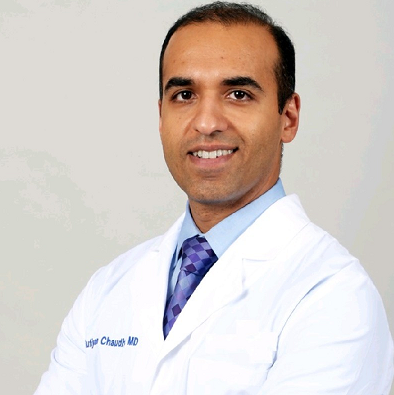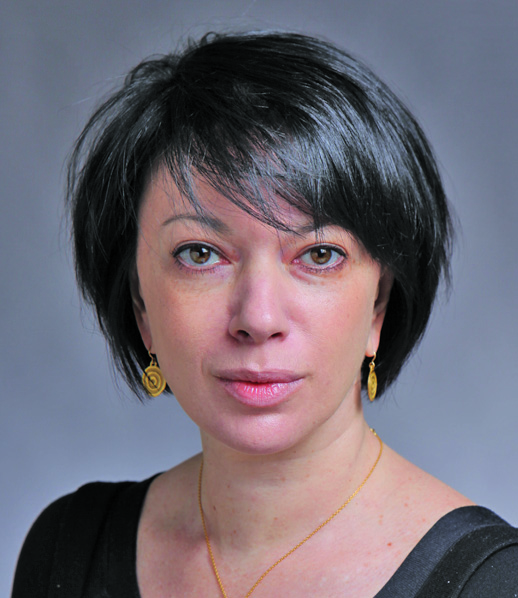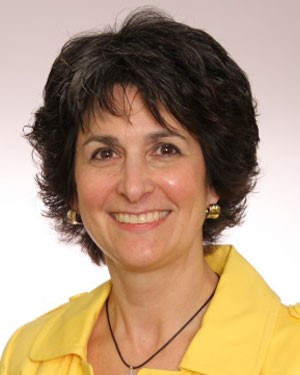 Dr. Sufiyan Chaudhry
Dr. Sufiyan Chaudhry
 Dr. Gulchin A. Ergun
Dr. Gulchin A. Ergun
 Dr. Inessa Khaykis
Dr. Inessa Khaykis
 Dr. Colleen M. Schmitt
Dr. Colleen M. Schmitt
1. In what ways do you lead in your unit/practice? Did you volunteer to be a leader or “fall” into leadership?
Sufiyan Chaudhry MD, MBA, President, Gastro One: I was elected by partners to be president of Gastro One, a large GI private group. I have been mandated to lead the group, ranging from strategic decisions to day-to-day business.
Gulchin A. Ergun, MD, Houston Methodist Hospital: I am the medical director for both Digestive Disease Endoscopy as well as the Reflux Center & GI Physiology Lab at Houston Methodist Hospital. Like a lot of people, some of my career choices were discrete, such as choosing to go into medicine and gastroenterology, and some evolved, such as choosing to subspecialize within gastroenterology in gastrointestinal motility and esophageal diseases. For me, developing an expertise led to being recruited to start a Reflux Center within Houston Methodist. After successfully getting the center off the ground by working with hospital administration, marketing and the education of peers, fellows and nurses in multiple departments, I became recognized as someone who could get the job done and work well with others. The eventual growth and success of the center led to me being asked to direct both the Reflux Center as well as the endoscopy unit.
Inessa Khaykis, MD, FASGE, Managing Partner, Vanguard Gastroenterology, LLP: I “fell” into this leadership role when our multispecialty group fractured and our gastroenterology division came together to form a single specialty group.
Colleen M. Schmitt, MD, MHS, MASGE, Past President of Galen Medical Group, Past President of ASGE: Sometimes I volunteer, and sometimes I get “volunteered.” I became the section lead 20 years ago, and I developed our first hospital team, office endoscopy site and clinical trials unit and became more involved with ASGE. For the last six years, I have served as president of our large, multispecialty group. Now as I move closer to retirement, one of my partners is the section lead, while I continue to serve on the Board, limit my time to work on selected projects and continue to be a primary communication and point of contact with our hospital leadership. This allows me more free time to work on national projects (ASGE Foundation and GIQuIC) and with grandchildren.
2. What are some of the challenges in team development and leading them?
Dr. Chaudhry: Maintaining a balance between individual and team goals, creating consensus and managing diverse personalities are some of the challenges in team development. Keeping everyone motivated and maintaining a balance between micromanagement and delegation of responsibilities are some of the challenges I see in leading the team.
Dr. Ergun: The challenges that come with leading and developing a team start with credibility. To be taken seriously, you need to perform well at every interaction. This may mean being prepared with data to prove a point as well as listening well enough to be able to pivot when your own ideas may not be the best ones. I also believe in accountability and transparency as behavioral and educational tools. If the entire group (of any area) adopts the same goals and uses open communication, whether it involves work ethic, patient care, learning needs or how to talk to one another during cases, a true sense of team and trust in one another emerges. I also think it is important to praise one another on work well done. Medicine is not that easy these days. Burn out is a real thing. Making sure that we all are appreciated, even with a simple thank you, goes a long way.
Dr. Khaykis: A few short months after our group was “born” (on January 1, 2020), the COVID-19 pandemic hit New York City with all the tough challenges that came with these unprecedented times. We were touched by every aspect of modern-day human resources issues, from “great resignation” to “quiet quitting.” We were determined to persevere and succeed, and now we have a highly motivated, competent team of health care professionals.
Dr. Schmitt: From an administrative standpoint, priorities are sometimes not aligned. When this is the case, it is important to gain input from those who are in favor of a certain direction and those who are opposed, to build the evidence and the story and how it fits with the strategic plan, to circle back and incorporate concerns, to consider alternatives, to anticipate unintended consequences and backlash, and to help ensure that everyone on the team keeps our main goal in mind (whether it be making great patient care, improving the quality of life for our employees or contributing to science).
3. What are your top three tips on leading a team and developing the team?